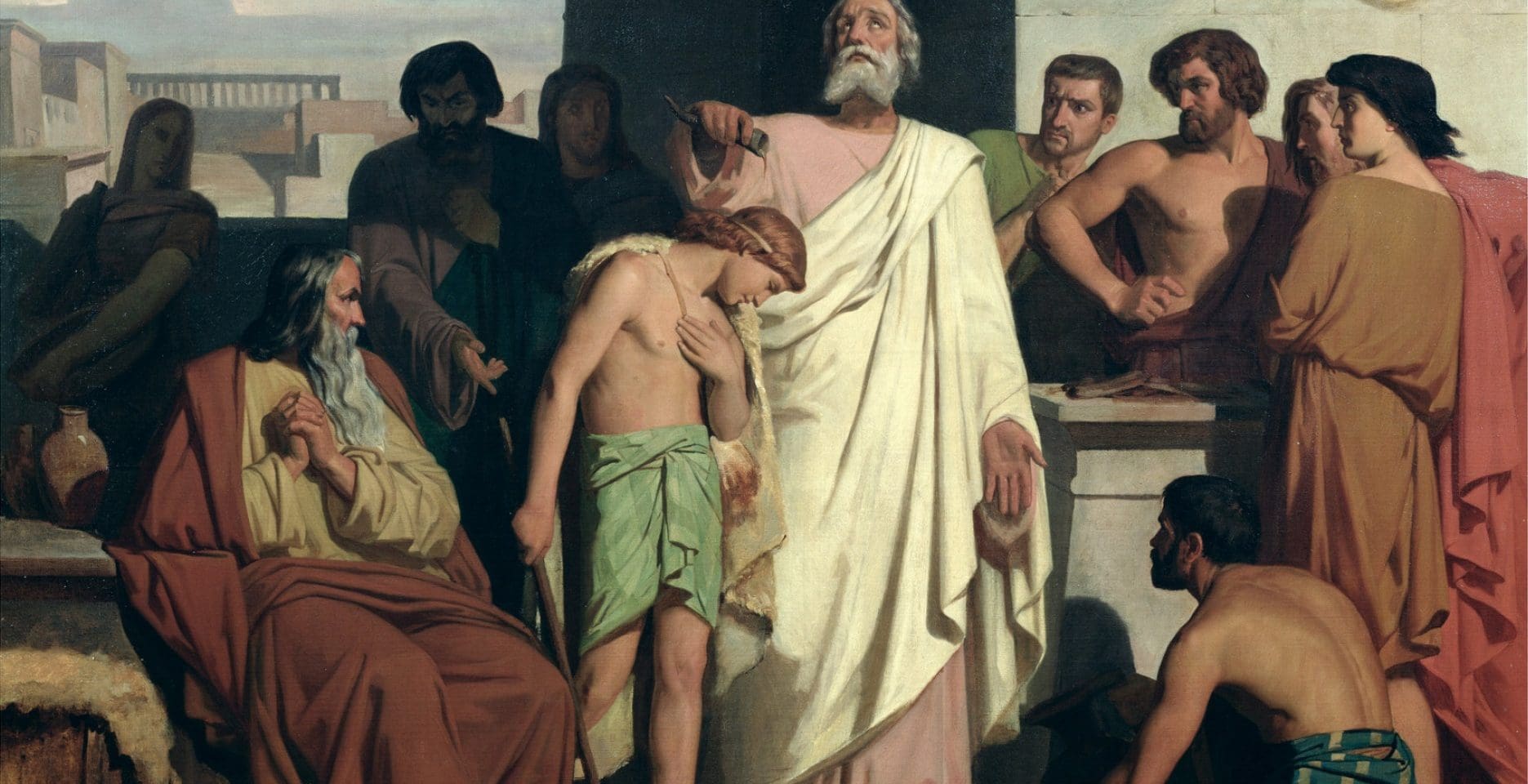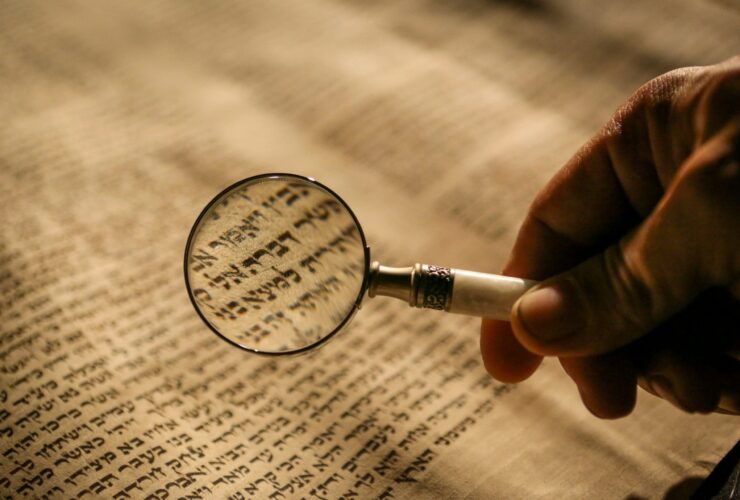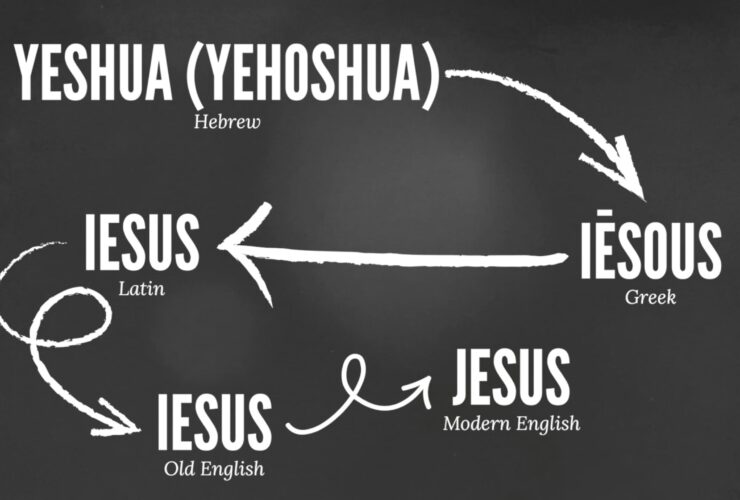Much debate surrounds exactly how, when, and where the Old Testament was written. So much debate and speculation that we have often failed to take into account what the Bible itself claims: that it was written and edited by a succession of prophets of God. There were many true prophets throughout history, but far less writing prophets (1 Chronicles 29:29; 2 Chronicles 9:29, 12:15, 13:22, 20:34, 32:32, 33;19, 35:27). It’s notable then that not all of the prophets’ works or writings were included in Scripture; only that which was specially recognized as authoritative.
The first author and editor of Scripture was the prophet Moses who is said to have written a copy of the Law on stone tablets and placed it in the Ark of the Covenant (Deuteronomy 10:2), that was kept in the Tabernacle, and later the Temple of Solomon. Moses also wrote a copy on a scroll and stored that beside the Ark of the Covenant (Deuteronomy 31:24-2).
“These lived in the days of Joiakim the son of Jeshua, the son of Jozadak, and in the days of Nehemiah the governor, and of Ezra the priest, the scribe.”
Nehemiah 12:26
Next Moses’ understudy and successor, Joshua, is said to have added to this Book of the Law (Joshua 24:26). After Joshua, near the end of the time of the Judges, the prophet and judge Samuel is also said to have written and placed his writings in that same Tabernacle (1 Samuel 10:25): This signals Samuel’s importance in Israel, pointing to his authoritative role in continuing the work begun by Moses and Joshua.
At this time, when Israel began to follow a king instead of a prophet (1 Samuel 10), an unusual boom in prophecy also began with Samuel at its helm (compare 1 Samuel 3:1 to 1 Samuel 10:5-6). Samuel is seen leading a group of prophets, which many scholars take as evidence of a type of school for prophets, whether as mentorship or apprenticeship (1 Samuel 19:20). This unusual move of God may have been a response to the people’s move away from God-inspired political leadership, and many believe this established the succession of prophets that we read about in the books of Kings and Chronicles, called the “sons of the prophets” (see for example 1 Kings 20:35, 2 Kings 2:3). Apparently, there was also a recorded register of tried and true prophets of God (Ezekiel 13:9). This register included Jeremiah, who wrote his two books, Jeremiah and Lamentations; he is believed to have compiled the books of Kings as we have them today.
The final supposed Scripture writing-and-editing prophet of God seems to have been Ezra the priest and scribe, who is credited with writing Ezra and Nehemiah and compiling the books of Chronicles (Nehemiah 12:23, 26).

Corie Bobechko is a daily co-host, speaker, and writer of Bible Discovery. She also hosts a YouTube channel that shows how history and archaeology prove the Bible. Her heart for seekers and skeptics has led her to seek truth and share it with others. Corie also has a Bachelor of Theology from Canada Christian College.






